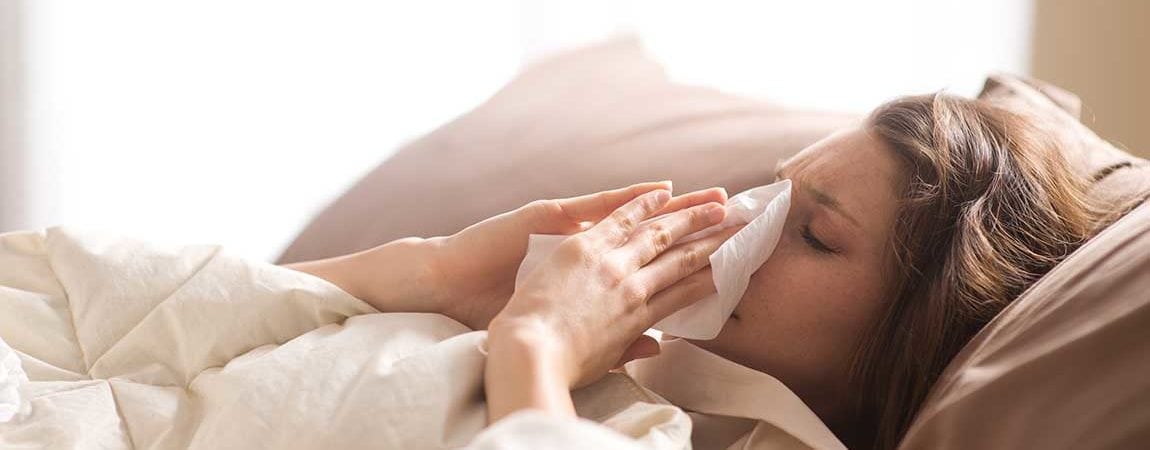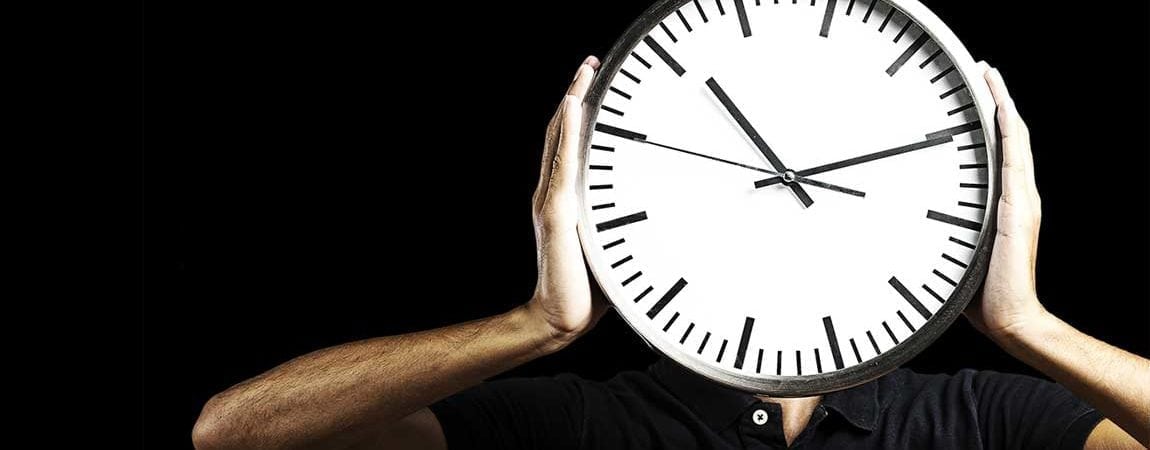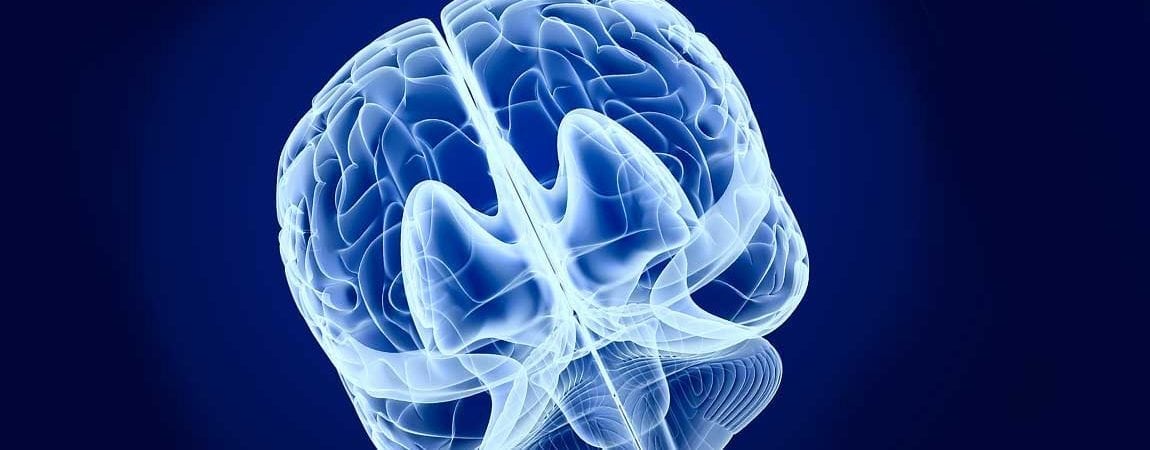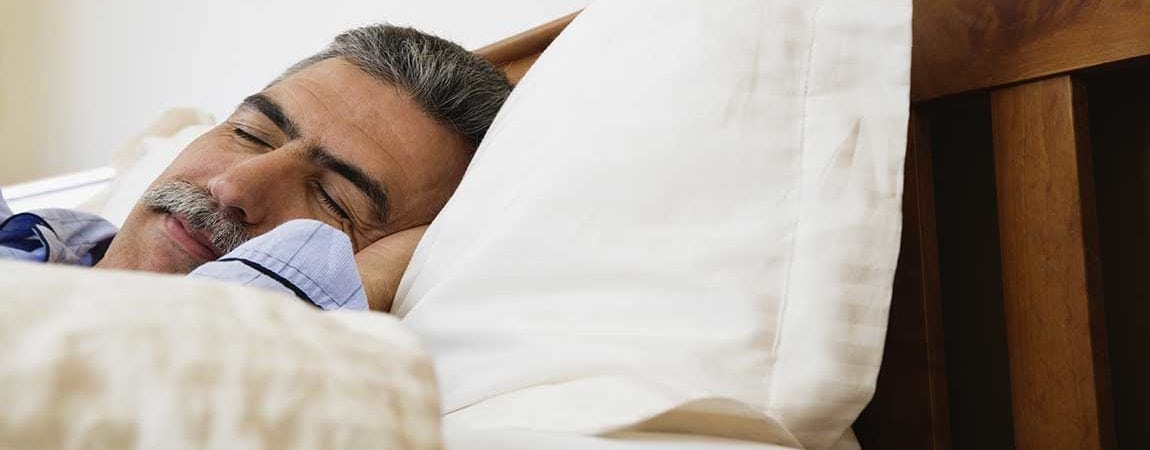Chronobiology
Article Categories
-
Many people suffer from seasonal affective disorder (SAD) and don't even realizing it. You may have felt a touch of the winter blues but quickly recovered with a vacation to somewhere sunny. Others live all fall and winter with a mild case of the "winter blahs" without realizing that this can have an effect on their physical health. However, for...
-
What is your ideal work schedule? While the answer will vary from person to person, most people prefer a day shift that does not begin too early or end excessively late. Exactly what is too early or too late? New research suggests that the answer to this question largely depends on your age. The Circadian Rhythm of Teens By the time...
-
Your digestive tract is an essential part of your body. We depend on our gut and intestinal flora to digest and absorb food as well as to get rid of waste products. However, there has been a great deal of research in the past few years regarding other, more surprising, roles that our gastrointestinal (GI) tract may play in our...
-
We are exposed to germs almost constantly throughout the day. However, most of us rarely get sick despite this constant barrage of pathogens. The reason for this is the action of our immune systems. Our immune systems are constantly on guard against disease-causing microbes and are usually very effective at protecting us. Yet, new research suggests that there is a connection...
-
Around 60 percent of American adults take a prescription drug and even more take over-the-counter medications as well. Could recognizing the link between the time of day we take our medications and their efficacy in treating disease, a groundbreaking practice called chronotherapy, make our meds more effective? Your prescription bottle lists the name of your medication, dosage and whether the medication is...
-
Migraines are one of the most daunting problems facing modern medicine. There are medications that may help prevent migraines and others that can help with the headaches when they do occur. However, these are not always effective and can have various side effects. This leaves millions of people suffering from the pain, nausea, auras and other effects of this common...
-
Many neurological processes, such as remembering to breathe without even thinking about it, are well-understood. However, there are a few areas where modern science is just beginning to discover the truth. Sleep and memory are two such areas. We know a lot about the basics of these two important activities, but there are a myriad of details that we do...
-
There was a time when people lived by the rising and setting of the sun. Now, many people in the West live by the alarm clock and the punch of a time card. Between punches, we are left beneath the glow of artificial office lighting. While we all long for that corner office, many are left in the central cubicle...
-
Life on earth evolved in the presence of light. We depend on the sun to provide energy for the plants we eat, to warm our planet to a safe temperature and to regulate our sleep-wake cycles. However, most life also requires a similar ratio of dark. Humans in ancient times sought the shade at midday and enjoyed long hours of...
-
Most modern people accept that the "correct" way to sleep is to go to bed at night and stay asleep until morning. In fact, waking at night and being unable to go back to sleep is often considered a sleep disorder. However, there is evidence that humans did not always consider a full night of uninterrupted sleep ideal. Choosing to...












